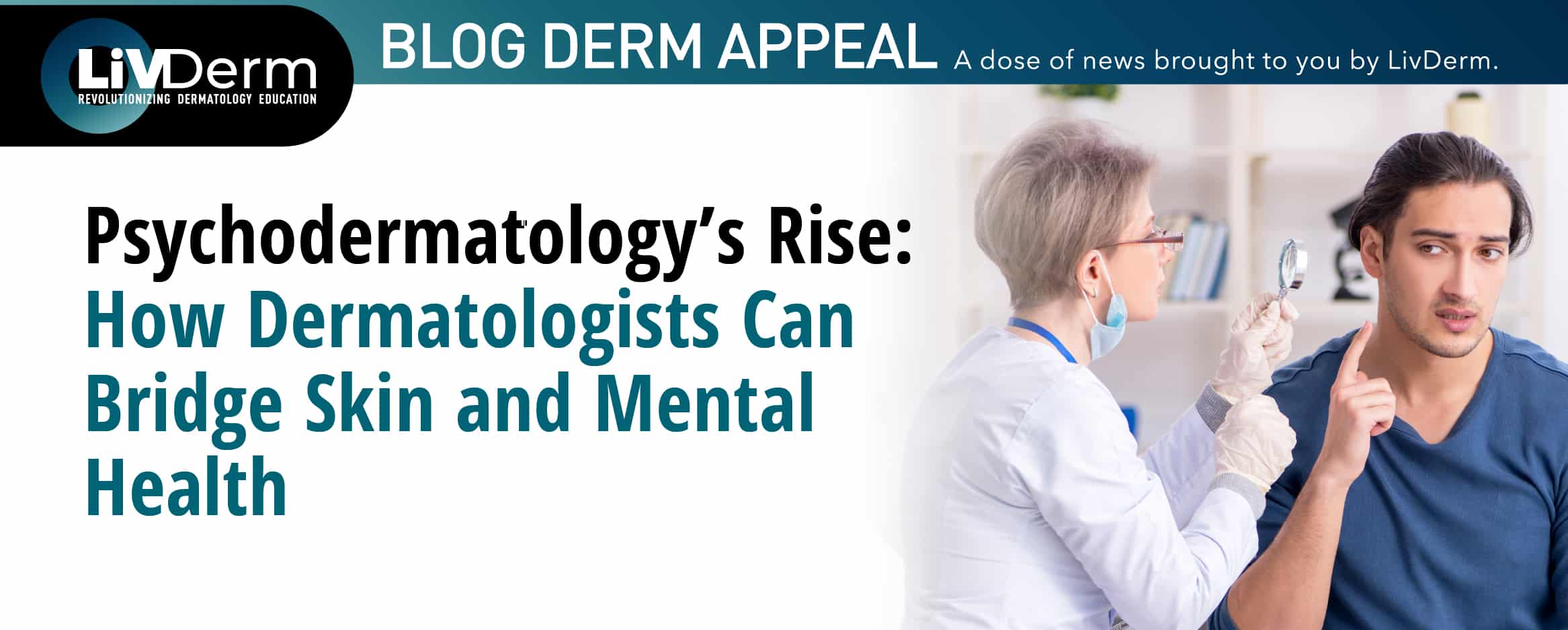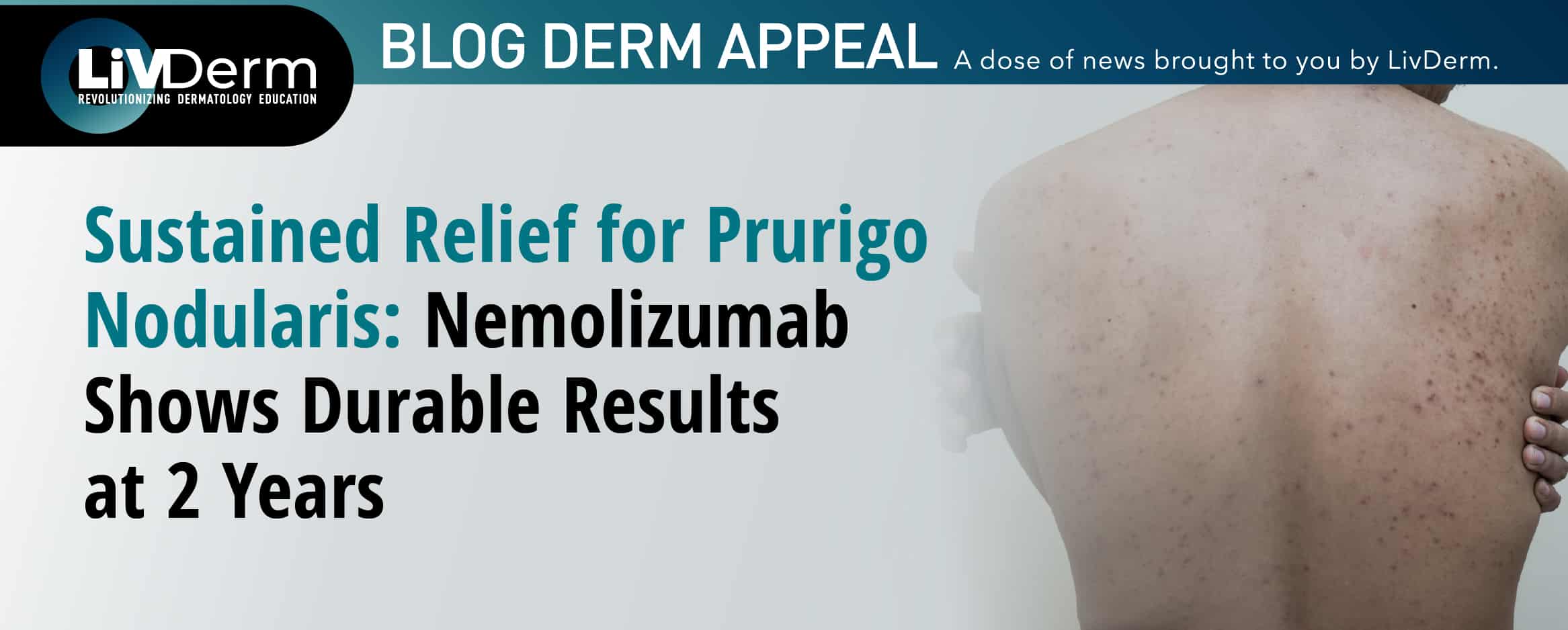For many patients, skin disease isn’t just skin deep—it can profoundly affect their mental health and quality of life. Research has shown that over one-third of dermatology patients experience significant psychosocial distress, including anxiety, depression, and even suicidal ideation. As the connection between skin health and mental well-being becomes more widely recognized, dermatologists are uniquely positioned to lead in the emerging field of psychodermatology. This integrative approach combines dermatologic care with mental health insight to support more comprehensive, patient-centered outcomes.
Identifying Psychological Burden in Dermatologic Patients
Psychodermatology classifies conditions across several domains: skin disorders exacerbated by stress (e.g., psoriasis, atopic dermatitis, rosacea), psychiatric disorders presenting with skin symptoms (e.g., trichotillomania, excoriation), emotional distress stemming from visible skin disease (e.g., vitiligo, alopecia), and psychogenic symptoms like itch or burning without clear dermatologic cause.
Understanding these categories helps clinicians recognize when to explore psychological triggers or consequences during diagnosis and treatment stages.
The Real Human Impact
Patients grappling with visible skin conditions often face stigma, shame, self-esteem issues, and social withdrawal. For example, adolescents with acne or adults with psoriasis may avoid social interaction or feel isolated. Notably, psychiatric distress may reach life-threatening levels: some studies report suicidal ideation in nearly 30% of patients with severe skin diseases.
Practical Integration in Dermatology Clinics
A psychodermatology-informed practice begins with attentive listening. Giving patients the space to share their experiences can reveal overlooked emotional needs. For those with conditions like skin-picking, referral for psychiatric evaluation and cognitive behavioral therapy may be necessary.
Co-located interdisciplinary clinics, where dermatologists and psychiatrists work side-by-side, facilitate confidential referrals and improve patient compliance.
Why This Matters to Dermatologists
Understanding and treating the psychological aspects of skin disease isn’t just compassionate, it improves dermatologic outcomes. Mental health and skin inflammation are bidirectionally linked: stress can worsen psoriasis, while skin conditions can exacerbate anxiety.
By adopting a psychodermatology framework, dermatologists can offer more comprehensive, sustainable care, helping patients beyond lesion clearance.
Next Steps for Practice Implementation
To start integrating psychodermatology:
- Screen routinely for anxiety, depression, or compulsive skin behaviors in chronic cases.
- Establish protocols for referral to psychologists and psychiatrists.
- Educate dermatology staff on recognizing psychosocial cues.
- Consider multidisciplinary clinic models or partnerships with mental health professionals.
- Keep informed on emerging psychodermatology research and resources.
Source:
















